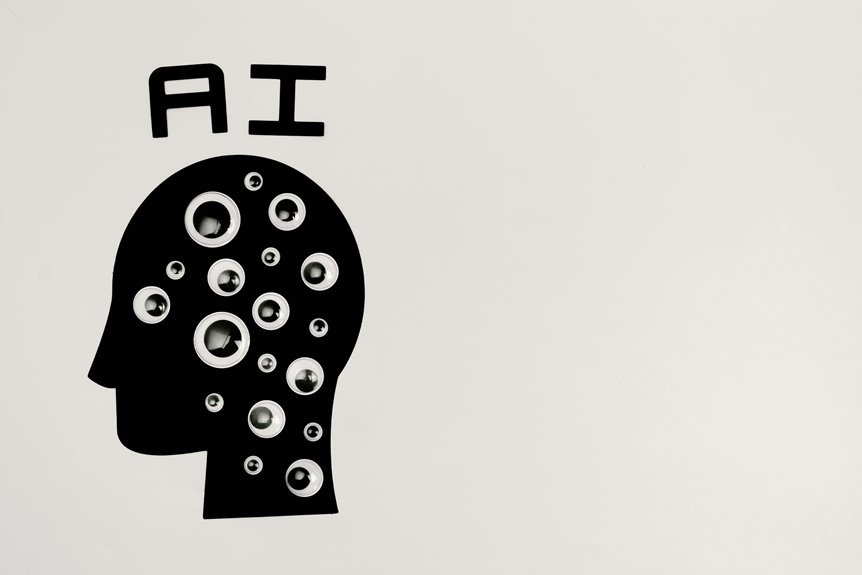The Future of Artificial Intelligence: What’s Next?
The future of artificial intelligence is poised for significant evolution, propelled by advancements in quantum computing and natural language processing. These technologies promise to reshape industries and the workforce, demanding new skills and adaptability. However, the integration of AI raises critical ethical dilemmas, particularly concerning bias and data privacy. Understanding these dynamics will be essential as humans and machines forge deeper collaborations, hinting at a transformative era ahead.
Emerging Trends in AI Technology
As advancements in computational power and data availability continue to evolve, the landscape of artificial intelligence (AI) technology is witnessing several emerging trends that promise to reshape its applications across various sectors.
Notably, natural language processing is enhancing human-computer interaction, while computer vision is revolutionizing industries such as healthcare and security, enabling more accurate data interpretation and decision-making capabilities in real-time environments.
Potential Breakthroughs on the Horizon
The rapid evolution of AI technology sets the stage for potential breakthroughs that could redefine its capabilities and applications.
Quantum computing promises exponential increases in processing power, enabling complex problem-solving previously unattainable.
Meanwhile, neural enhancements may augment human cognition, fostering symbiotic relationships between humans and machines.
These advancements could yield transformative outcomes across various sectors, enhancing efficiency, creativity, and decision-making processes.
Ethical Considerations and Challenges
How can society navigate the ethical complexities inherent in the rapid advancement of artificial intelligence?
Effective frameworks for bias mitigation and stringent data privacy measures must be established. As AI technologies evolve, addressing algorithmic fairness and safeguarding personal information becomes crucial.
A proactive approach, involving stakeholder collaboration and transparent governance, ensures that ethical considerations are prioritized, fostering trust and accountability in AI systems.
The Future of Work in an AI-Driven World
While many industries are poised for transformation due to artificial intelligence, the implications for the workforce are particularly profound.
The rise of AI facilitates remote collaboration, enhancing productivity and flexibility. However, it simultaneously raises concerns about job displacement, as machines increasingly perform tasks traditionally done by humans.
Adapting to this shift will require reskilling and redefining roles within the evolving labor market.
Conclusion
As artificial intelligence advances, the duality of promise and peril looms large. The potential for unprecedented efficiency and creativity beckons, yet ethical dilemmas stalk this path, demanding vigilant oversight. Will humanity harness its ingenuity to forge a harmonious alliance with machines, or will it falter under the weight of its own innovations? The trajectory of AI will ultimately hinge on our collective choices, shaping not only industries but also the very essence of human collaboration in the years to come.






